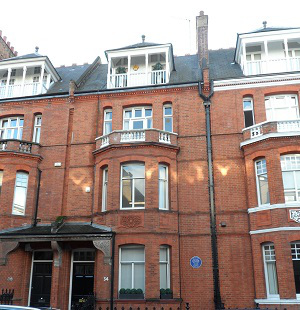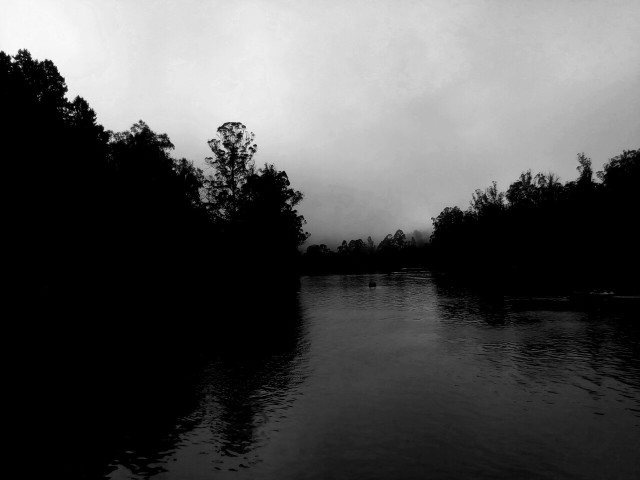
Old fashioned flats in Chelsea. This is actually 34 Tite Street, where Oscar Wilde lived, but these are definitely the sort of flats Anita Bruckner wrote about.
I stopped reading Anita Bruckner’s novels, some years ago, even though I enjoyed them, because, I found, her books were too same-y.
‘Hotel Du Lac’, the first Anita Bruckner I tackled, knocked me back with its depth – and had me reaching for the dictionary every few pages, but the effect did not last. Even though ‘Hotel Du Lac’ won Anita Bruckner the Booker Prize in 1984, I don’t believe that, in any way, it stood apart from her other books. There is an Anita Brookner formula: young woman in London, born to Mittel European parents who have emigrated to London before/during/immediately after World War II, and is living, with them, comfortably in one of those very heavy-looking flats in Chelsea (none of her characters lived in a house!), and trying to break away. Although ‘A Start in Life’ was first published in 1981, the setting is – evidently – much earlier than that – late 1950s to mid-1960s. Many of Brookner’s protagonists are bookish or into art, which is hardly surprising as Bruckner herself was an acclaimed academic art historian at the Courtauld Institute (working alongside traitor Anthony Blunt, but that’s another story).
So… on to ‘A Start in Life’. Our heroine, Ruth Weiss, is an academic, an authority on French literature (her specialty is Balzac). She has a German grandmother (with a few hints at her being Jewish), who lives in Ruth and her parents’ house. To start with, the grandmother sounds vile, the sort who calls Ruth’s father ‘Georg’, insists on using best china and carrying out all meals as if they were nice tea-parties in pre-war Vienna, but, as the reader realises, after the grandmother dies, she is the only member of the family who makes any attempt to care for Ruth as a child and ‘to bring her up’. Ruth’s parents are even more vile, her mother, Helen, an actress, vain and self-absorbed, and her father, George, totally wrapped up in Helen. The parents call each other ‘darling heart’. After the grandmother dies, they engage a housekeeper, because they couldn’t possibly do household tasks themselves, but Mrs Cutler seems only able to reheat food from tins (how 1960s!) and washes up once a day (if that).
As she gets older, Helen’s acting roles (and the family’s income) diminishes, as George’s bookshop is earning virtually nothing at all. Helen, saying she is ‘a little tired’, spends more and more time in bed, to the point where her feet can hardly take her weight. Mrs Cutler’s position in the family looms larger and larger, to the point where George is searching out library books (nothing with a ‘Douglas’ in, please, because her husband was called ‘Dougie’) for his housekeeper. George doesn’t like it and becomes closer and closer to the Sally Jacobs, the woman who has purchased his book business, and Ruth retreats into herself and Balzac. Both of them have affairs.
The story is as much about George and Helen, Ruth’s parents, as Ruth herself. Like many of Brookner’s books, the plotline is thin and many pages are taken up luxuriating in richly developed characters. Ruth is a daughter trying to escape her parents. She tries very hard, as a schoolgirl and a student, retreating into the library. She rents a room in London and she goes to Paris. I can’t tell you anymore without giving you spoilers (that is, more spoilers than I have already).
Do read ‘A Start in Life’. Not having read any Brookner for a while, the charm of her style and her usual settings wowed me all over again. She made me feel very sorry for Ruth. I was egging her on all the time, to get away from her dreadful, selfish parents.
I award ‘A Start in Life’ four stars ****.
Advertisements Share this:





